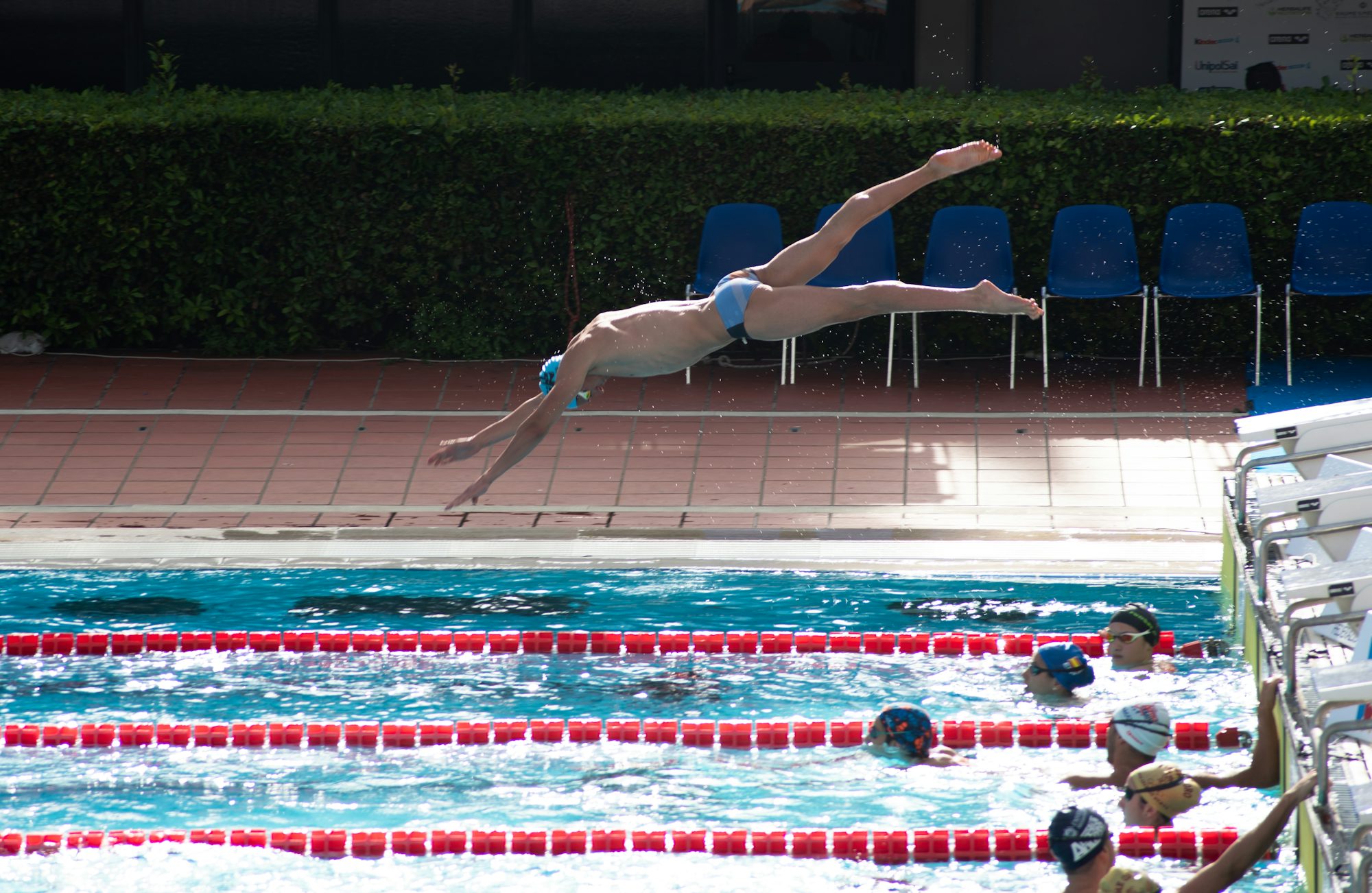The Basics of Scuba Diving
At its core, scuba diving involves using a self-contained underwater breathing apparatus (scuba) that allows divers to breathe while submerged. This equipment includes a tank of compressed air, a regulator to control the airflow, and a buoyancy control device (BCD) to help divers manage their ascent and descent. While the mechanics may seem daunting, proper training and practice equip divers with the skills needed to navigate the underwater realm safely.
Before embarking on a diving adventure, it is essential to complete a certification course. Organizations like PADI (Professional Association of Diving Instructors) and SSI (Scuba Schools International) offer engine training programs that cover essential skills, safety protocols, and environmental awareness. These courses ensure that divers are well-prepared for their underwater journeys, fostering a sense of confidence and competence.
Essential Techniques for Safe Diving
Safety is paramount in scuba diving, and understanding fundamental techniques is vital for a successful experience. One crucial skill is equalization, which involves adjusting the pressure in the ears as divers descend. This technique prevents discomfort and potential injury from pressure changes, allowing for a smooth dive.
Buoyancy control is another essential technique that divers must master. By adjusting the air in their BCD, divers can maintain neutral buoyancy, allowing them to hover effortlessly in the water column. This skill not only enhances comfort but also minimizes the risk of damaging delicate marine ecosystems.
Proper communication underwater is also key. Divers use hand signals to convey messages, ensuring safety and coordination within the dive group. Familiarizing oneself with these signals enhances the diving experience and fosters teamwork among divers.
The Joy of Exploration
One of the most exhilarating aspects of scuba diving is the exploration of underwater environments. Each dive site presents unique opportunities to encounter a variety of marine life and geological formations. From vibrant coral reefs teeming with fish to mysterious shipwrecks and captivating underwater caves, divers are often left in awe of the beauty that lies beneath the surface.
Coral reefs, often dubbed the "rainforests of the sea," are among the most biodiverse ecosystems on the planet. When divers immerse themselves in these underwater gardens, they are greeted by a stunning array of colors and creatures. Schools of tropical fish dart among the corals, while sea turtles glide gracefully overhead. The experience is not just visually striking but also deeply humbling, reminding divers of the delicate balance of life in these ecosystems.
Wreck diving is another thrilling adventure, offering a glimpse into history while allowing marine life to flourish. hotel engine a sunken ship or aircraft provides a unique perspective, as divers witness how nature reclaims these structures. The contrast of human ingenuity and natural beauty creates a captivating experience that resonates with many divers.
Embracing Marine Conservation
As divers explore the wonders of the ocean, it becomes increasingly important to advocate for marine conservation. The underwater world faces numerous challenges, including pollution, overfishing, and climate change. As stewards of the ocean, divers have a unique opportunity to raise awareness and contribute to the preservation of marine ecosystems.
Participating in organized beach clean-ups, supporting marine protected areas, and educating fellow divers about responsible practices are all ways to make a positive impact. Additionally, divers can help by adhering to the "Leave No Trace" principles, ensuring that they do not disturb marine life or damage delicate habitats during their dives.
The Emotional Connection
Beyond the technical skills and conservation efforts, scuba diving fosters a profound emotional connection to the ocean. Many divers describe the sensation of weightlessness as liberating, allowing them to escape the stresses of everyday life. The serene beauty of underwater landscapes promotes mindfulness, encouraging divers to immerse themselves fully in the present moment.
Encounters with marine life often leave lasting impressions. Whether swimming alongside a majestic manta ray or observing a playful dolphin, these moments create unforgettable memories that deepen one’s appreciation for the ocean. For many divers, the ocean becomes a source of inspiration and motivation to protect its delicate ecosystems.
Planning Your Diving Adventure
When planning a scuba diving trip, there are several factors to consider. Researching dive sites, understanding local regulations, and selecting a reputable dive operator are essential steps to ensure a safe and enjoyable experience. Many divers also choose to join guided trips, where experienced instructors can provide valuable insights and support.
Selecting the right gear is equally important. While many dive shops offer rental equipment, some divers prefer to invest in their own gear for comfort and familiarity. Essential equipment includes a wetsuit or drysuit, fins, a mask, and a dive computer to monitor depth and time.
Conclusion: The Call of the Ocean
Scuba diving is a journey that combines adventure, exploration, and a deep connection to the ocean. From mastering essential techniques to encountering breathtaking marine life, each dive is an opportunity to discover something new and forge a lasting bond with the underwater world. As divers embrace the beauty of the ocean, they also take on the responsibility of protecting it, ensuring that future generations can experience the wonders that lie beneath the waves.
Whether you are a seasoned diver or considering your first plunge into the ocean, the call of the sea is one that resonates deeply within us all. With proper training, a sense of adventure, and a commitment to conservation, the world of scuba diving awaits, ready to unveil its secrets to those willing to dive in.
